Latest
Dr Phil Issues Stark Warning: Jury Setup Could Let Diddy Off the Hook
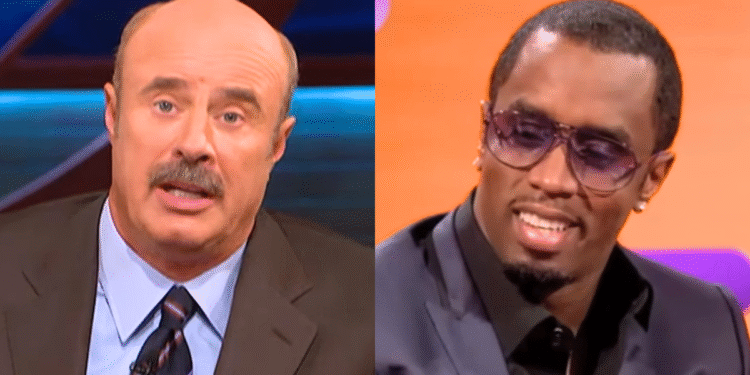
Dr. Phil has weighed in on the ongoing legal troubles surrounding music mogul Sean “Diddy” Combs, raising questions about the fairness of the upcoming jury process. His recent comments sparked interest but stopped short of making any definitive claims about the case’s outcome.
As the high-profile trial of Sean “Diddy” Combs begins, former jury consultant and television host Dr. Phil McGraw is raising serious concerns about whether the music mogul could ultimately escape conviction—not because of a lack of evidence, but due to the unpredictable nature of jury dynamics. With opening statements kicking off earlier this week, McGraw, who spent years studying juror psychology before launching his media career, suggests that the composition and mindset of the 12 selected jurors could be the most decisive factor in the courtroom.
Combs is facing intense scrutiny after prosecutors introduced a video that appears to show him physically assaulting his then-girlfriend, Cassandra Ventura, in a hotel hallway back in 2016. Ventura, now married and pregnant, has since testified about her experience. While the footage is being viewed by the public and legal analysts as damning, Dr. Phil warns that its impact may be blunted if even one juror interprets the evidence through a certain psychological filter.
“It’s not just about what the jury sees—it’s about how they process what they see,” Dr. Phil said in an interview. Drawing on his experience as the founder of Courtroom Sciences, Inc., a firm that advised lawyers on jury selection and courtroom strategy, McGraw explained that even strong evidence can be derailed by the personal beliefs and cognitive biases jurors bring with them.
In this case, Dr. Phil believes the defense is likely appealing to jurors with a strong “internal locus of control”—a psychological term referring to people who believe individuals are largely in charge of their own fate. These types of jurors tend to expect personal accountability, even in complex or abusive situations, and may be more inclined to view Ventura’s past relationship with Combs as a matter of personal choice rather than victimization.
“This doesn’t mean they don’t sympathize with the victim,” McGraw clarified. “But it does mean they may see the entire relationship and its consequences through a lens of self-responsibility, which can, in some cases, overshadow empathy for the victim.”
That line of thinking seemed to be echoed by Combs’ attorney Teny Geragos, who told jurors during opening arguments that the women involved with Combs were “adult, capable individuals” who must accept “the consequences of their decisions.” Dr. Phil noted that this strategy doesn’t require universal buy-in—just enough to introduce reasonable doubt.
“You don’t need to flip the entire jury,” he said. “If you can reach just one juror, one person who refuses to vote guilty, you force a hung jury. And that alone can be enough to derail the case.”
In such a scenario, the prosecution would be faced with the possibility of retrying the entire case—a process that would likely favor the defense, which would then enter a second trial better prepared for each piece of evidence and witness testimony.
Dr. Phil emphasized that juries are not always rational in the way lawyers or the public might expect. Factors like personality traits, moral convictions, and emotional responses can carry more weight than clear-cut facts. “A courtroom is not a lab—it’s a human theater,” he said. “You have to expect the unexpected when real people are making judgment calls.”
Despite his caution, Dr. Phil expressed hope in the overall integrity of the jury system, noting that while it’s not infallible, it often produces fair outcomes. Still, he urged observers to understand just how fragile and unpredictable justice can be in high-stakes trials like this one.
With emotions high, media attention intense, and the spotlight firmly on both Combs and his accusers, the trial now moves into a critical phase—one that may reveal not just the truth of what happened behind closed doors, but how much influence human psychology truly has in America’s legal system.
Scroll down to leave a comment and share your thoughts.
-
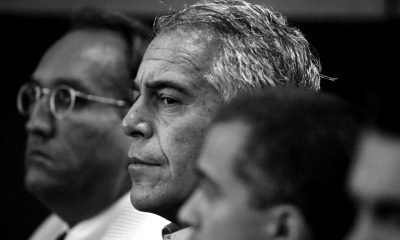
 Latest6 months ago
Latest6 months ago𝗔𝗹𝗹 𝗼𝗳 𝘁𝗵𝗲 𝗻𝗮𝗺𝗲𝘀 𝗺𝗲𝗻𝘁𝗶𝗼𝗻𝗲𝗱 𝗶𝗻 𝘁𝗵𝗲 𝗻𝗲𝘄 𝗝𝗲𝗳𝗳𝗿𝗲𝘆 𝗘𝗽𝘀𝘁𝗲𝗶𝗻 𝗱𝗼𝗰𝘂𝗺𝗲𝗻𝘁𝘀.
-

 Latest8 months ago
Latest8 months agoParis Hilton and Kanye Connected? “They Held Me Down, Spread My Legs…” [WARNING: Graphic]
-
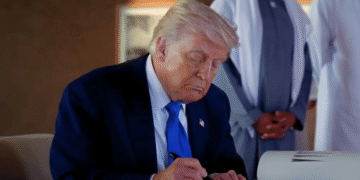
 Latest7 months ago
Latest7 months agoHistoric Verdict Rocks America — Donald Trump Officially Convicted in a Turning Point No One Saw Coming
-

 Latest8 months ago
Latest8 months agoAlex Jones Exposes What’s Going On With Dan Bongino
-

 Latest5 months ago
Latest5 months agoProminent Republican Politician SWITCHES To Democrat Party
-

 Latest5 months ago
Latest5 months agoBREAKING: Supreme Court Responds to Gov. Greg Abbott’s Emergency Petition to REMOVE Runaway Democrat Leader
-
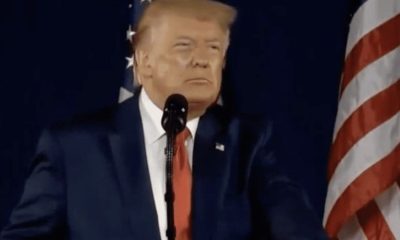
 Latest5 months ago
Latest5 months agoBOMBSHELL: President Trump Confirms Joe Biden Dead Since 2020!
-
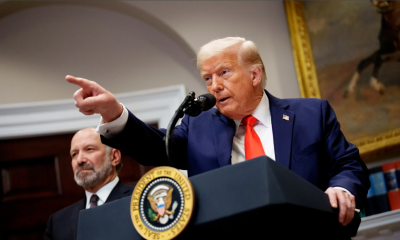
 Latest6 months ago
Latest6 months agoBREAKING: President Trump drops a new message for America — and it changes everything.
